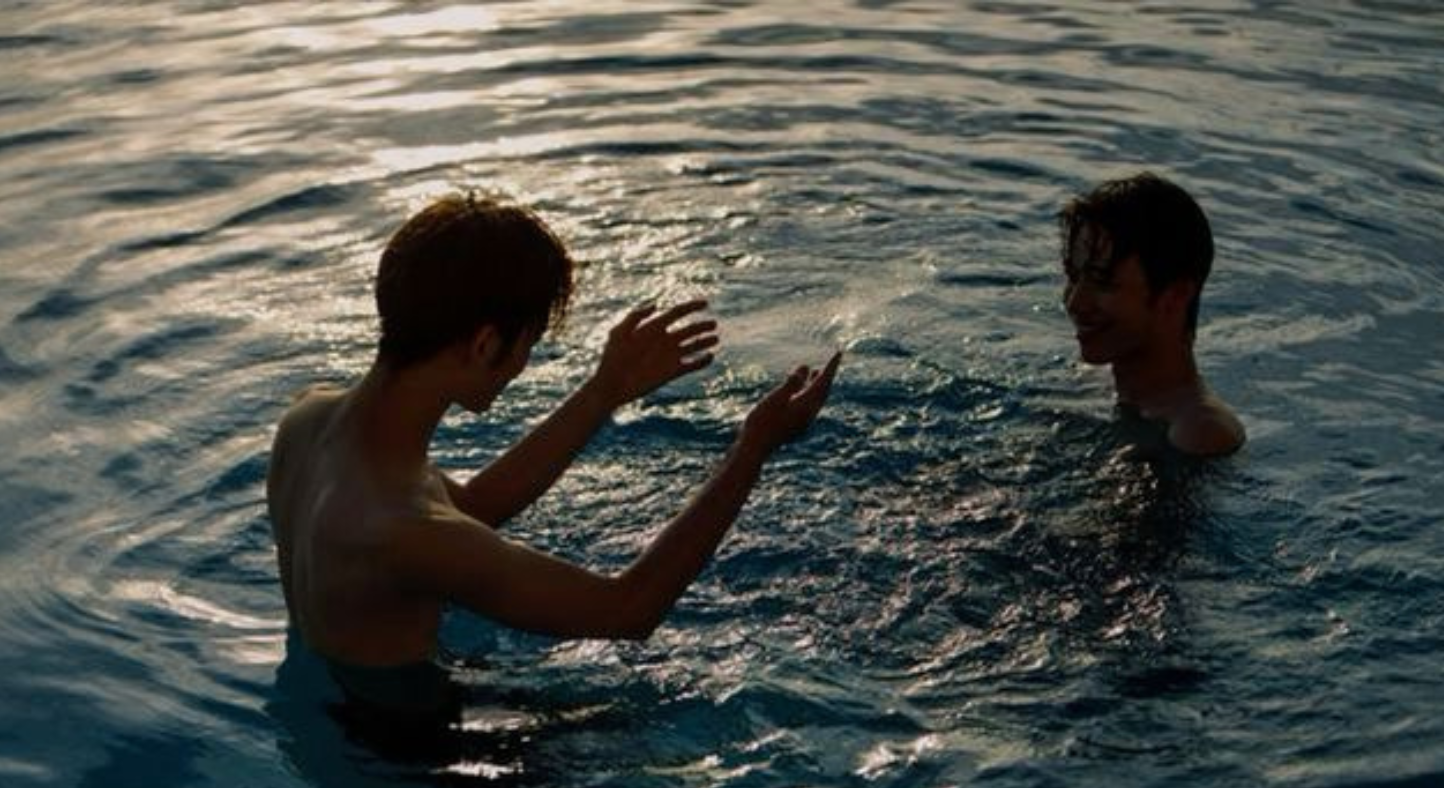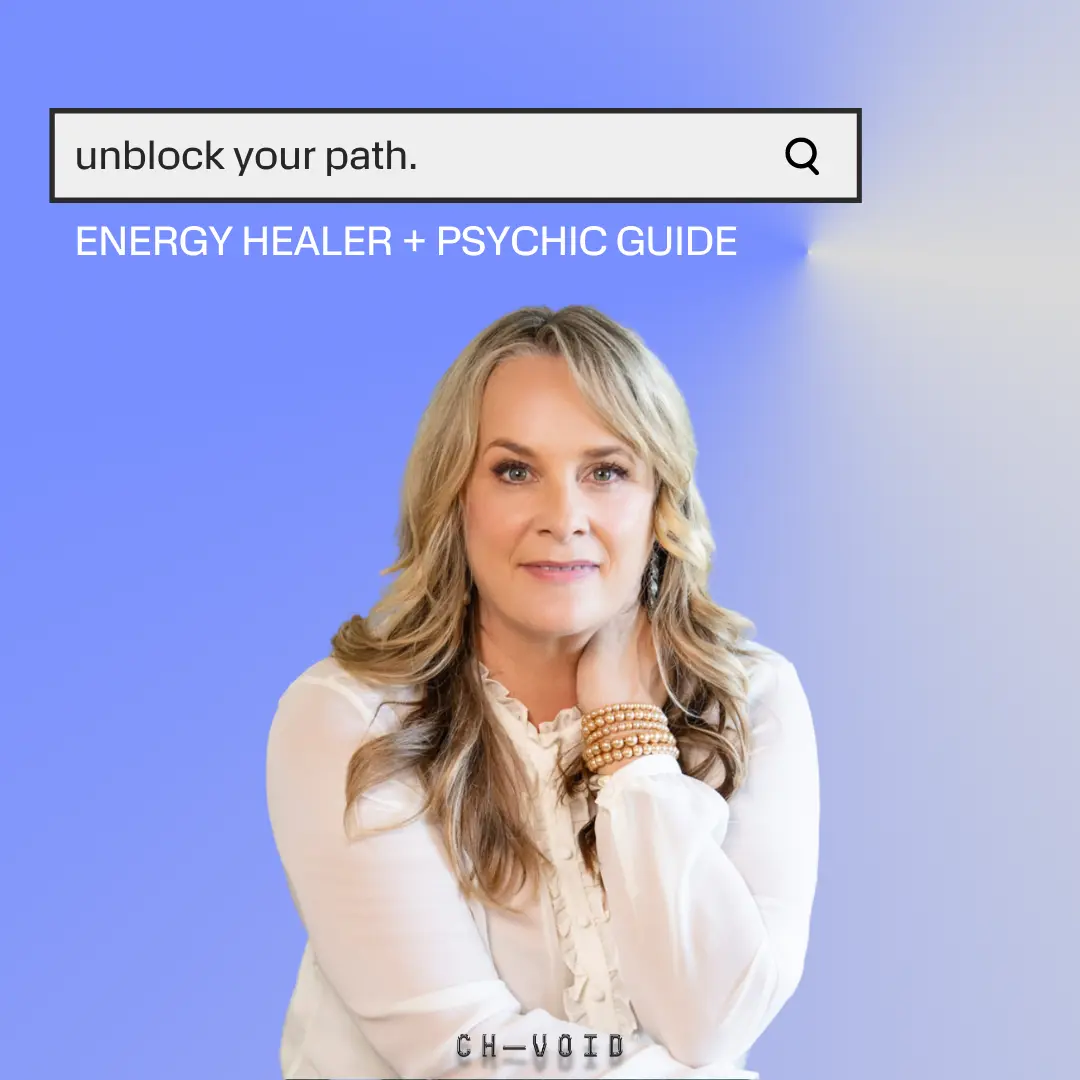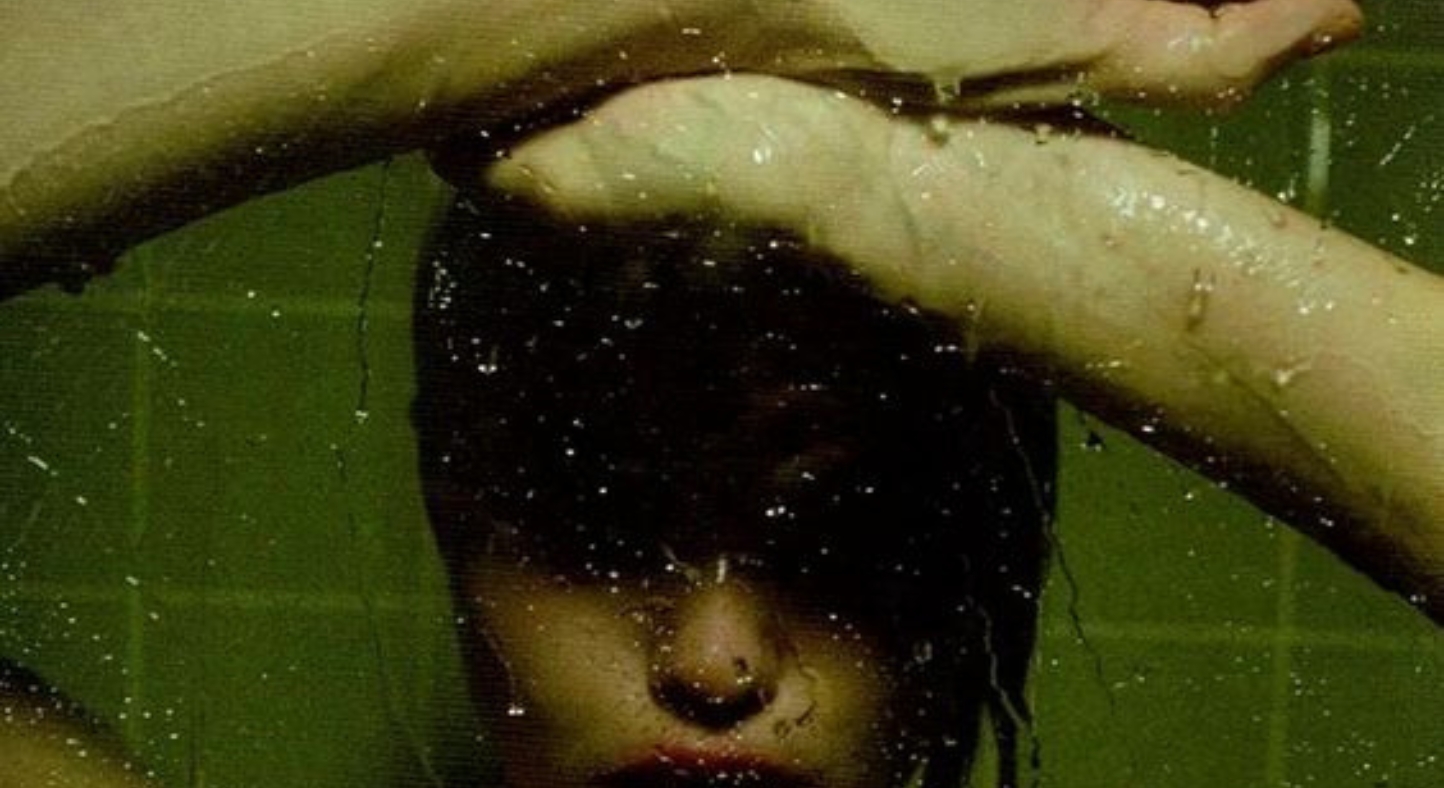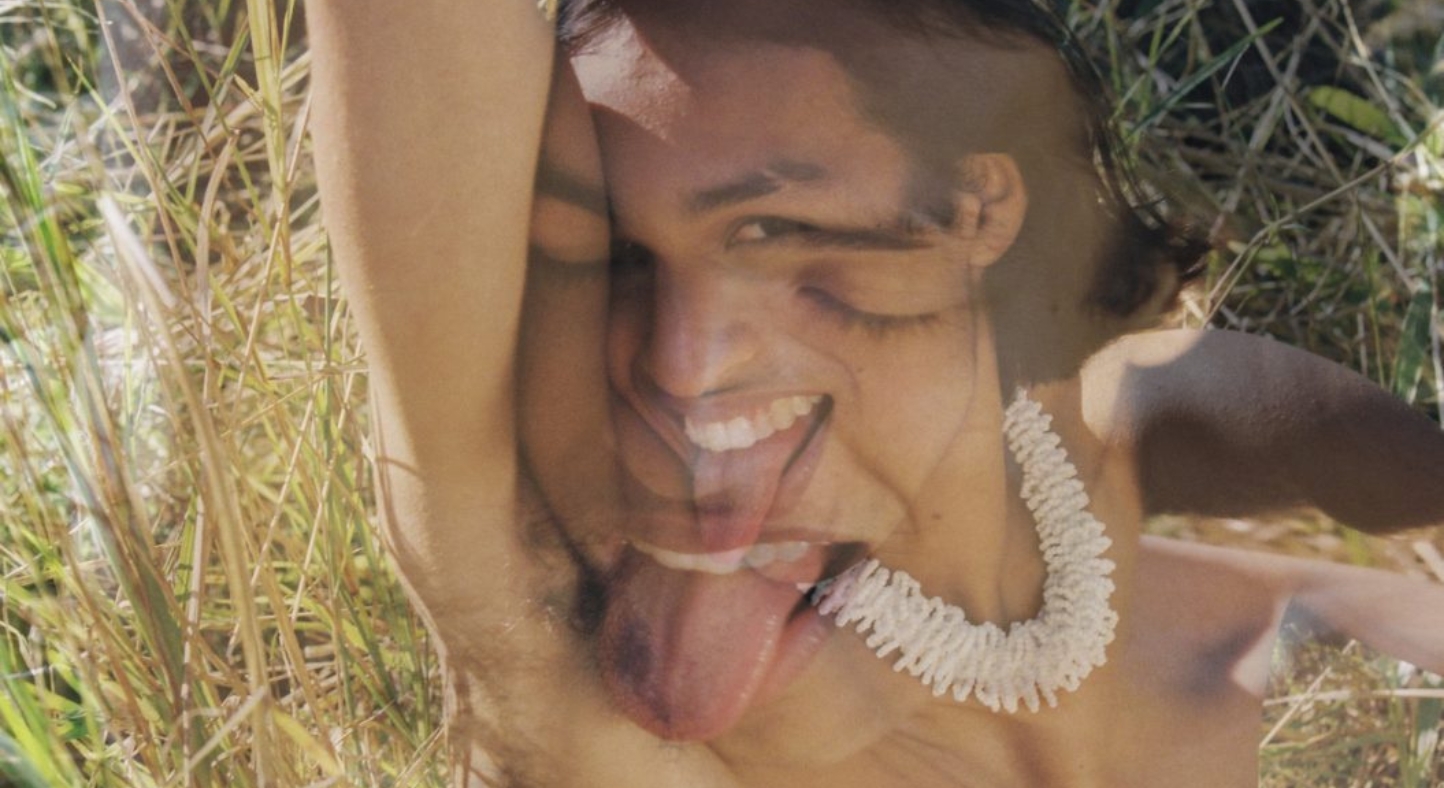The masculinity files: an identity crisis
As a cisgendered, mostly straight woman, I don’t ask males these questions enough.
“I find attraction in all forms of life. It’s dependent on what’s inside that really brings out sexual attraction [for me]. I identify myself as being a human being and it’s the human being attractiveness that resonates with me the most. I do want to provoke our social norms in the society I live in by being open because it’s important to challenge the way that we perceive each other.”- Juna (22)
As much as I’d like to consider myself some kind of unicorn, unaffected by the patriarchy, there is something so revealing about my emotional reaction to this interview. Remove the gendered identity from these words, and to me, the words are less remarkable somehow. But because these are male voices straining to share their inner worlds with me, they mean something more. Male vulnerability feels like gold in my hands, making it a wistful feeling realising how absent it has been in my life, despite my only siblings being brothers.
The cloth of silence shrouding male vulnerability smothered me earlier this year. I lost a close male friend to suicide, the result of a psychological epidemic COVID-19 seemed to amplify. It made me realise the weight we are left with, by the questions we don’t ask. And the more I thought about the males around me, the more questions I realised I had, not just for them but for me and the kind of person I want to be.
In the interviews, some of the guys didn’t feel comfortable using their real names. The need for pseudo-identities, spells out what we already know: males aren’t asked these kinds of questions enough. As a cisgendered, mostly straight woman, I don’t ask males these questions enough. It’s a poignant reminder to have greater intentions for our conversations—are we growing in our ability to give people space, or are we just deflecting being truly seen?
WHERE DO YOU SIT ON THE GENDER SPECTRUM?
J (19): A male, him/he
Angus (20): Male
Tobey (20): I am a male
Juna (22) : Male/gender non-binary
WHAT SEXUALITY DO YOU IDENTIFY AS?
J: Straight
Angus: Straight
Tobey: Straight
Juna: I grew up predominantly hetero and also cis-gendered, but I’ve sort of gone into a transition towards pan-sexuality. I find attraction in all forms of life. It’s really dependent on what’s inside that really brings out sexual attraction. I identify myself as being a human being and it’s the human being attractiveness that resonates with me the most. I do want to provoke our social norms in the society I live in by being open because it’s important to challenge the way that we perceive each other.
DO YOU FEEL LIKE YOU ARE IN CONTROL OF THE PERSON THAT YOU ARE?
J: I’ve been going through a bit of a tough time emotionally and mentally. But I do feel confident that I’m in control of my response to everything that’s happening in life. How I interact with all the situations that I’m put in makes me feel like I have a good sense of awareness because I am willing to learn and to approach each situation with open-mindedness and see what I can do to improve my situation. At the moment, I do feel like I’ve been thrown into an out-of-control spiral. But I am in control of bringing myself back on track.
Angus: Yes, sometimes too much, because I’ve started to notice how much small changes have an effect on me. I think the majority of people have full control of what they do, they just don’t know how they can use that control.
Juna: Right now, I feel like I have the most control in my entire life over who I am. Especially in the instances of making decisions that have my mental health and my physical health as my top priority. I’ve also started living by myself recently which is really helping me to have control over who I am and how I interact with people. I have lived a very chaotic life in the past where I haven’t been in control of my actions, or haven’t chosen to. It’s been a big learning process, figuring out how you fit in with the world and what you need to do for yourself for a fulfilling and healthy life.
WHAT QUESTION DO YOU WISH YOU WERE ASKED MORE?
J: I think that a question that everyone is kind of scared of being asked is: “Are you happy?”. Because someone sees you and says hello, they always say: “How are you going? What are you up to? Do you have a job?”. But not a lot of people that I’ve talked to ask: “Are you enjoying life lately?”, which I think is really important to check in with. Say if someone replies, “No”, to that question, you can be there for them if you want to. If someone just says, “Yeah, I’m doing fine. I’ve got a job”, because that’s what you asked them to tell you, they may really need someone but not have the ability to open up because they weren’t approached in that way. On quite a few occasions I’ve realised how nice it would be to have someone say, “Hey, are you feeling okay lately? Are you happy?” I think it’s so necessary because everyone is going through something, everyone has stress, everyone has issues that they’re dealing with at any point in the day. A lot of people feel alone in it so I think it is really important to open up to other people and give them the opportunity to open up to you.
Angus: I wish questions were asked with no judgement and no consequences: “What are you thinking? What are you feeling?”. I wish there was a lot more understanding in the way people heard the answers.
Tobey: I think coming from a guy’s perspective this won’t ever be asked, but my question would be: “Are you okay with yourself?”. Just because I feel like the constant perception of guys and their understanding of who they are is in direct relation to how they’ve grown up and who they surround themselves with. My hometown is a town that is very advanced in the way that it accepts people for who they are, but there’s a big hole in the way that young men feel discontent within who they are, making them try to be somebody else. I can’t say that I’m always 100% who I desire to be as a person – positive and understanding and content with who I am – but I see a lot of my friends struggling to articulate themselves, showing me that they don’t know who they are at all.
Juna: The first thing that pops into my head is: “How are you really doing?”. I also feel like a lot of people tend to assume my sexuality from the way they perceive me. Maybe I wish I was asked more questions like: “Are you feeling comfortable right now?, particularly in a social space. I think those questions are likely to make a person feel more comfortable in the very thought that someone is thinking about them, particularly within a new environment.
WHAT DO YOU WISH YOU WERE BETTER AT COMMUNICATING? WHY?
Angus: Gratitude. I feel like it’s something I know I 100% have to work on. I’m so lucky to be in the position that I am, in the family that I am, in the friendships that I am, in the university that I am, in the country that I am. I don’t always communicate that.
Tobey: I feel like I’m an introverted person. There comes a time where I need my own personal space, and now I’ve learnt how to communicate some things I used to struggle with. For example 2 years ago, I felt like I was really bad at communicating my emotions and the way I feel . It’s just through trial and error that I’ve come to the understanding of how I should communicate my personal beliefs. I had an upbringing where my parents were really bad at showing their emotions and talking about who they were, so I definitely learnt from other people’s mistakes that speaking about things is better than holding them in.
Juna: I mentioned before a lot of people have preconceptions about my sexuality. I’ve only really started to cement how I identify myself so communication is a big area of growth for me. I’ve been really focusing on how I articulate myself within a political sense, opening discussions or provoking discussions that are confronting. But also, I’ve been trying to create spaces for everyone to feel safe to engage in dialogue in these conversations around politics and social issues. Sometimes, we hold so strongly to our own opinions that we don’t leave space for anyone else’s views to move around within us. A lot of us can take things as an attack or become defensive of things that seem like an attack. I think there needs to be more respect for everyone’s views when we are pragmatically solving an issue. We need to clap our hands more when people are speaking , and then seek to meet them in the middle with our own views.
WHAT DON’T PEOPLE UNDERSTAND ABOUT YOU?
J: I’m a very sensitive person. I’m a very open person. People don’t understand that sometimes I don’t show that to certain people because I’m scared of judgement. Honestly though, I don’t really hide my emotions. If I’m feeling sad, I’m gonna cry in front of people- I don’t really care. And, if that makes you uncomfortable, then feel free to walk out. And if not, then it’s good to have a friend.
Tobey: I don’t feel like I’m understood in terms of how I perceive things related to toxic masculinity and the way I understand people’s actions in that way. People don’t understand that I don’t feel like that “tough guy” type of act or those types of actions are cool, whereas some people look at those behaviours and see something that they think is good.
Juna: Everything (laughs). I’ve lived my whole life thinking I’m just perpetually misunderstood, so I guess I come across as a bit of a jester. People tend to turn a blind eye to me or don’t take on what I say to its full potential. That’s why I’ve really turned to academia and doing my own research so I can articulate myself in a more enlightened way, and still be playful. I do feel like we need to dance through life, and play through life, and show people that lightness can still exist next to seriousness.
WHAT DON’T YOU UNDERSTAND ABOUT YOURSELF THAT YOU WISH YOU DID?
J: There’s so much about myself that I don’t understand. And I guess that’s what life is, y’know, learning more about yourself, how you fit in and how you stand out, and what your role is. And everyone’s got a different journey ahead of them with a different set of obstacles to pass through and to overcome.
Angus: I’d probably say understanding why my brain is so active, constantly thinking…
Tobey: In my current situation I don’t feel like there’s anything huge that I need to face in my life right now. That’s not to say something won’t come up in the near future, but right now, I can’t really say there’s something that I’m unhappy with because it just hasn’t come to me yet. There’s always things I can work on though.
Juna: I guess I have trouble understanding myself in social situations. I’m pretty prone to social anxiety and I’m really just understanding how it’s all working inside of me. I’ve always lived a life of being so in the flow of things, adapting to what’s happening around me and not ever really putting my foot down on decisions I need to make for my own benefit. I hadn’t set up any structure within myself and I’ve never even addressed boundaries I should be holding to prevent myself from the hurt that comes with toxic experiences. It’s really hard to set boundaries for yourself as we are so easily distracted or consumed by other people’s lives. Stuff like saying, “I don’t want to do that actually, I’m happy chilling at home”, if that’s our truth. Or being uncomfortable in a group scenario and realising that you want to leave is an important thing to be able to communicate.
In Part 2 coming next week, we talk about the harshness of being “masculine” in 2020 and ask J, Angus, Tobey and Juna what feminism means to them.





















